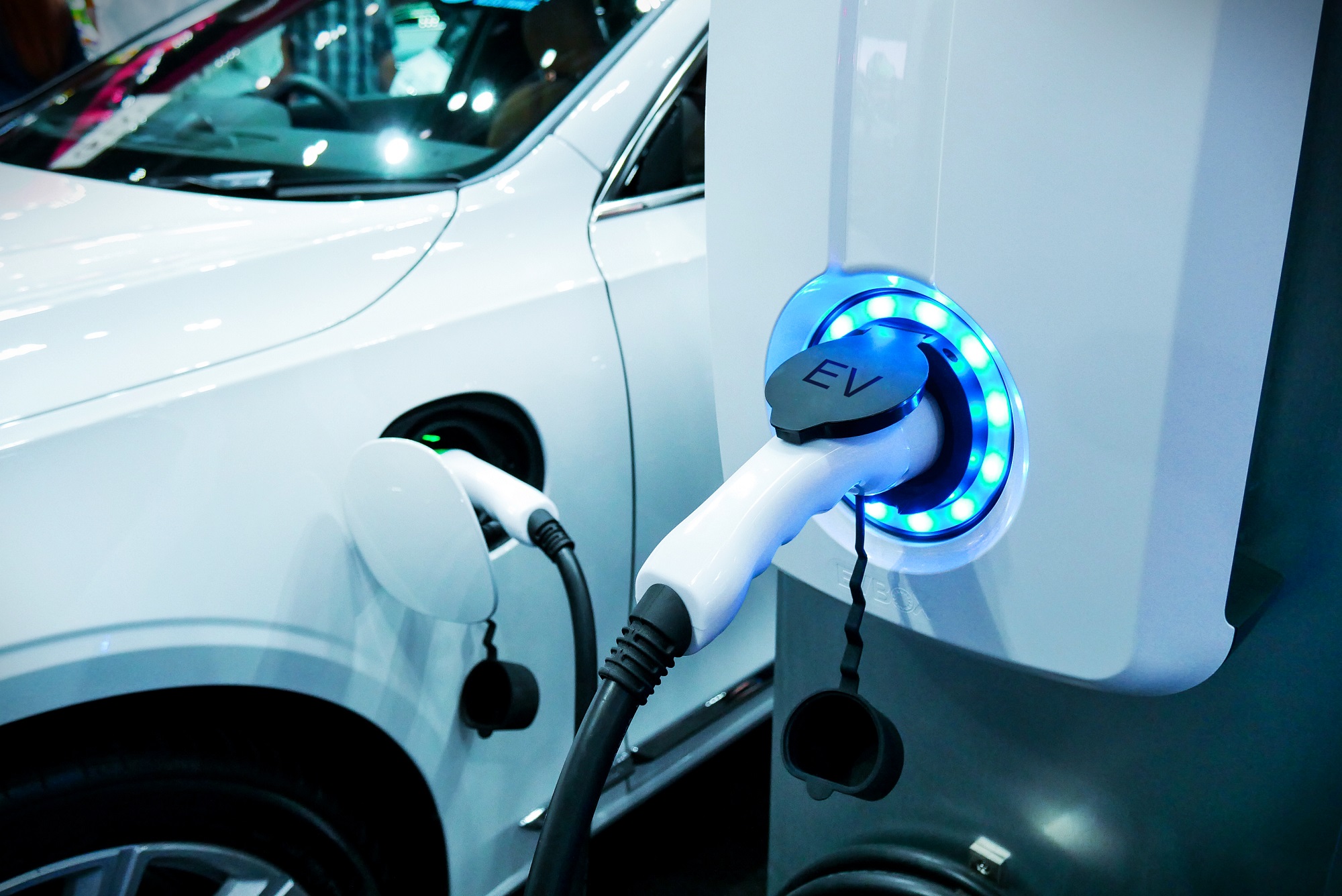The days of the internal combustion engine seem to be numbered, with a huge emphasis being switched by Government and manufacturers towards electric technology.
With the Government’s commitment to end the sale of new petrol and diesel cars from 2030 and advancements in electric car technology, the country appears to be on the edge of a green revolution.
While many electric car owners choose their vehicle to be eco-friendly, using an electric car could also significantly reduce the amount of road tax that you pay and Benefit in Kind taxation (BIK), if it’s a company vehicle.
So, with the growth of electric cars on the road, motorists need to consider whether to buy or lease.
There are many things to consider. Electric cars are still relatively new, battery life is still fairly unknown and the country’s charging point infrastructure is still in its relative infancy.
Replacement batteries are expensive, so if you lease, you mitigate the risk somewhat of the battery failing on you. It makes this new technology more readily available to a wider range of budgets, with low deposits and monthly payments often available.
As a bonus, car leasing contracts tend to last two to four years, so you’re free to upgrade your electric car on a regular basis and make sure you’re out driving the latest model with the newest tech.
For those looking to buy, purchasers of electric cars can also utilise the plug-in grant, which can reduce the purchase price by up to £2,500.
The car is then your own, allowing potential equity when you come to sell. There are no limits on mileage and no penalties for damage to the vehicle.
You can also get up to £500 or up to 75 per cent towards the cost of installing an electric car charging point at your home, but this only applies to more modern ‘smart chargers’.
Additional financial benefits of leasing a car over buying a car
If you lease your car through a limited company you could benefit from VAT relief and cheaper car tax, in certain circumstances
Leasing a vehicle through a VAT registered company allows you to claim back 50 per cent of the VAT on monthly payments and up to 100 per cent of the VAT on the maintenance agreement.
Additionally, in some cases, the cost of your lease payments can also be deducted for Corporation Tax purposes.
The financial liability of leases hire vehicles do not need to be declared on the company’s accounts, as they are considered “off balance sheet”.
However, if you’re using the car for personal journeys, including commuting to and from work, car tax is a consideration.
The amount you pay is based on the emission score of your vehicle, the P11D value of your car, and your personal tax bracket, meaning it is worth shopping around for low emission or electric vehicles to reduce the overall cost.
Car tax can also be reduced if you only drive the car part-time, or if you pay towards the cost of the vehicle.
In Scotland, businesses can also access an additional Low Carbon Transport Business Loan if purchasing certain electric vehicles. These interest-free loans offer up to £120,000 of finance for projects that help to lower transport and travel costs.
These loans can cover the cost of:
- Pure electric vehicles (cars and vans) (up to £28,000 for each new electric vehicle purchased)*
- New electric motorcycles or scooters (up to £10,000 for each vehicle purchased)*
- New electric/plug-in hybrid HGVs (Heavy Good Vehicles) (up to £50,000 for each HGV purchased; applications to be considered on a case by case basis).
These loans are funded by Transport Scotland and have a repayment term of up to six years.
Other benefits of leasing
- There is a wide range of brand-new electric cars available to lease, with more electric cars set to enter the market over the next few years.
• Monthly payments for an electric car are fixed, which can help protect you from depreciation or demand slumps when you hand the car back.
• For those who have doubts over switching to electric, leasing is a perfect opportunity to try it out. Leasing an electric car gives you the option of trying the latest technology and batteries, without tying your money up in a model that might become outdated soon.Points against leasing• If you don’t keep up with your monthly payments, then the car could be taken away.
• If you wish to cancel your lease before the end of the contract, you may still need to pay the full costs of the agreement – you won’t be able to simply end it and walk away.
• Many contracts include extra charges excess mileage and wear and tear, you may have to sign up for a maintenance package too.
• You’ll never own the car, so won’t have any equity from selling it.
Before signing up for a car lease, take your time to research.
For more information or advice on matters relating to taxable benefits, contact our experts today.

